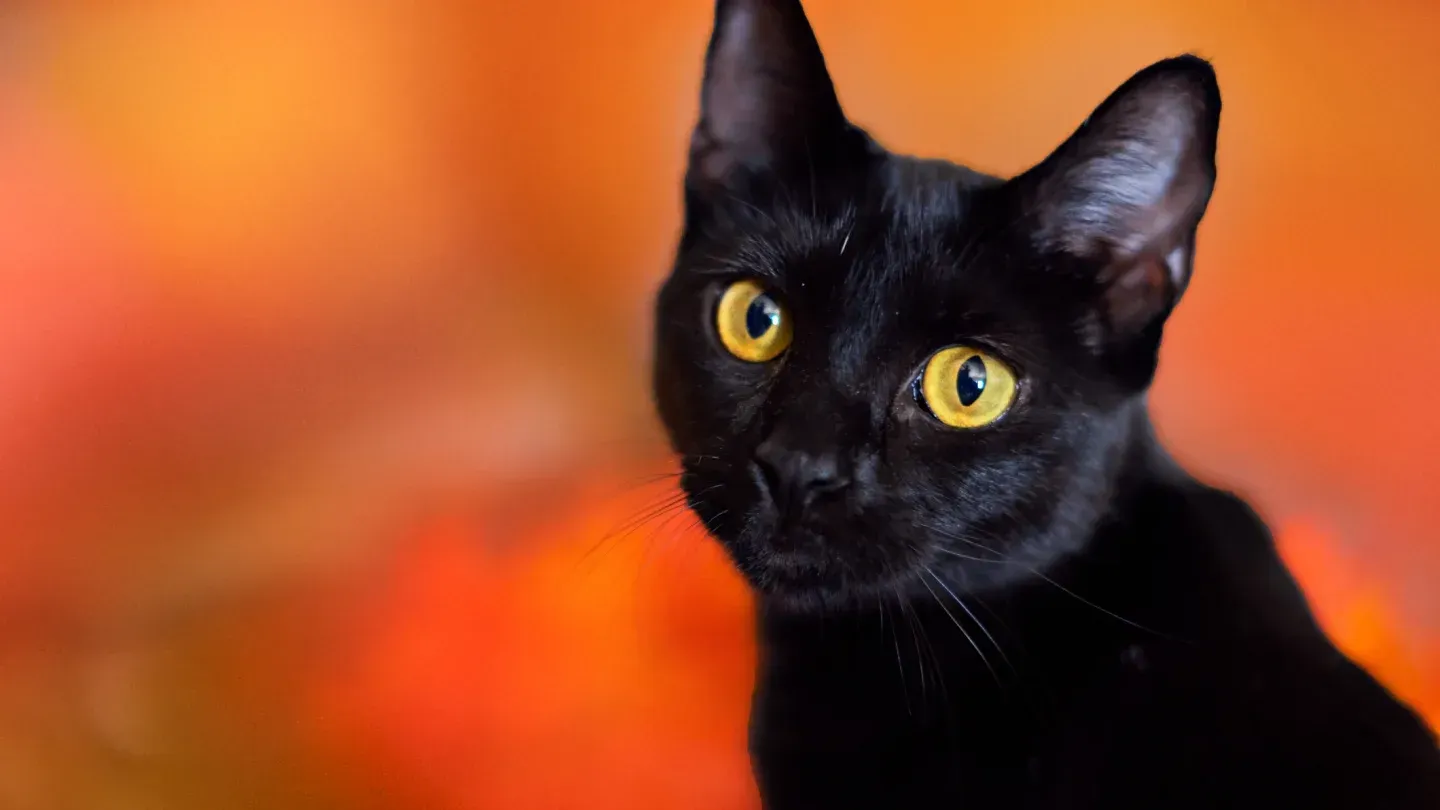Why Are Black Cats Considered Bad Luck?
News Staff • October 23, 2023
So are they really unlucky? History made them a villain

Many Americans hold a superstition that black cats are dangerous or unlucky; however, when you read the origins of the myth you find the little black cats may not deserve the villainous title.
According to Sammi Caramela, of AZ Animals, the idea that black cats are bad luck originated as early as the 13th century. Around that time, the Catholic Church claimed black cats were the incarnates of Satan. From there, other religions and cultures created their own superstitions of black cats. Generally, people linked these sophisticated felines to the devil, witches, or other forms of “evil.” This is where their association with bad luck stemmed from. If a black cat crosses your path, some people will still claim this is an evil spirit paying you a visit.
When the plague was at its worst, many people were struggling to find a solution. Because of their association with evil, black cats became a prime target. Some people began to blame black cats for the spread of the plague, going as far as killing them in an attempt to protect themselves and other humans. At this time, it was already common for people to kill black cats for a variety of other reasons. While this was intended to stop the spread of the plague, killing black cats actually had the opposite effect. In fact, it deduced the number of cats who could control the rodent population — the real culprit fueling the disease’s spread.
The superstition that black cats are bad luck has been harmful to these friendly felines for ages. In fact, as mentioned earlier, black cats have the lowest rate of adoption (10.0%) and the highest rate of euthanasia (74.6%) of any color. Many blame these devastating stats on the idea that black cats are bad luck — a myth whose time may have come to an end.
Recent Posts

























